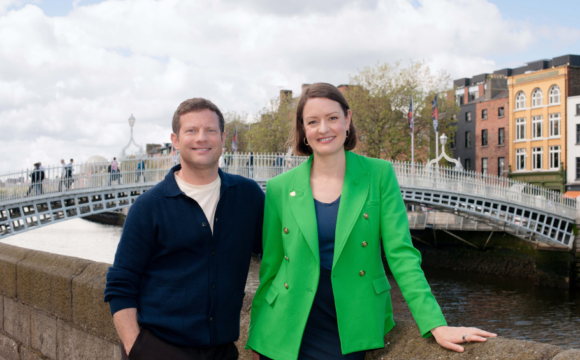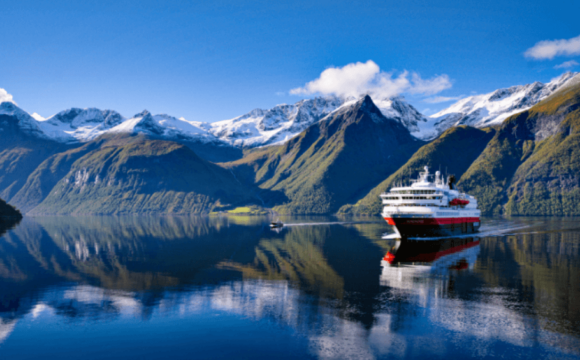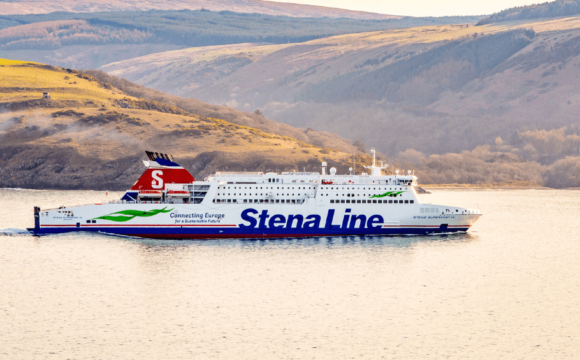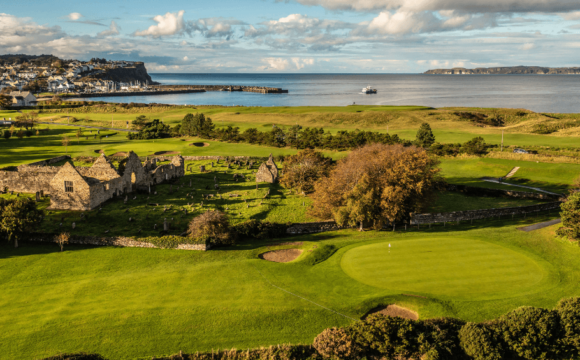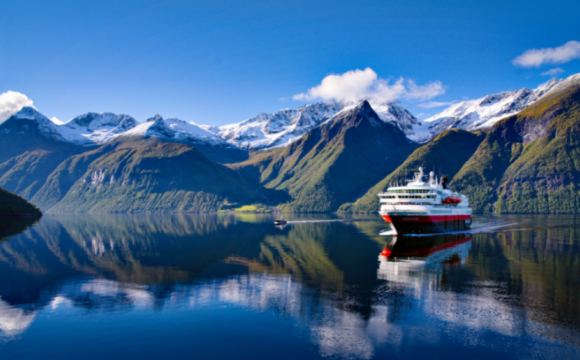The UNESCO Global Geoparks Programme recognises the importance of managing geological sites around the world.
Located in the communes of Melipeuco, Vilcún, Curacautín and Lonquimay, Kütralkura Geopark is the first Geopark in Chile. It is situated 700km south of Santiago and reaches the border of Argentina to the east. Kütralkura, which in the language of the region’s Mapuche people means stone (kura) and fire (kütral), is characterised by some of the world’s most active volcanism. Its iconic peaks include active volcanoes such as Llaima, Lonquimay, Tolhuaca, and Nevados de Sollipulli, as well as the extinct Sierra Nevada.
Chile’s Undersecretary of Tourism, Monica Zalaquett commented that “We are delighted Kütralcura Park has received recognition as a UNESCO Global Geopark. It represents a tremendous opportunity for sustainable tourism in the Araucanía Region and highlights its iconic landscapes on a global stage.”
The National Director of SERNATUR, Andrea Wolleter noted the opportunity the Geopark presents for Chile’s domestic and international tourism. “It is fantastic to see Chile’s biodiversity, nature and culture gaining recognition in recent years. In addition to Chile’s first UNESCO Geopark, our country holds, as we have done the past four years, the title of leading destination for adventure tourism. This demonstrates Chile’s growing tourism industry, offering and international interest.”
Kütralcura – an example of geological diversity
The UNESCO Global Geoparks are remarkable examples of the planet’s geological diversity. Kütralcura Geopark contains a total of six protected areas, five volcanoes and great geodiversity, with diverse landscapes and a geological history that spans 250 million years.
The regional director of SERNATUR Araucanía, José Miguel Sánchez, commented that “This is a milestone for our region and we are excited to see the positive impact of ecotourism at Kütralcura. Our region’s geological history is more than 200 million years old and woven into this is the Mapuche people’s ancestral history, a culture that respects and cares for nature. The UNESCO Geopark Programme recognises the importance of preserving both.”
UNESCO Global Geoparks Programme
Created in November 2015, the network of Global Geoparks recognises the management of geological sites and outstanding landscapes that tell the 4.6 billion-year history of planet Earth and the geological events they shaped, as well as the evolution of humanity itself.
Not only do they show evidence of past climate changes, they also inform local communities of current challenges and help prepare for risks such as earthquakes, tsunamis and volcanic eruptions. Granting Geopark status aims to increase awareness of geodiversity and promote better protection, education and tourism practices that ensure affordable and sustainable development of regions over time.



